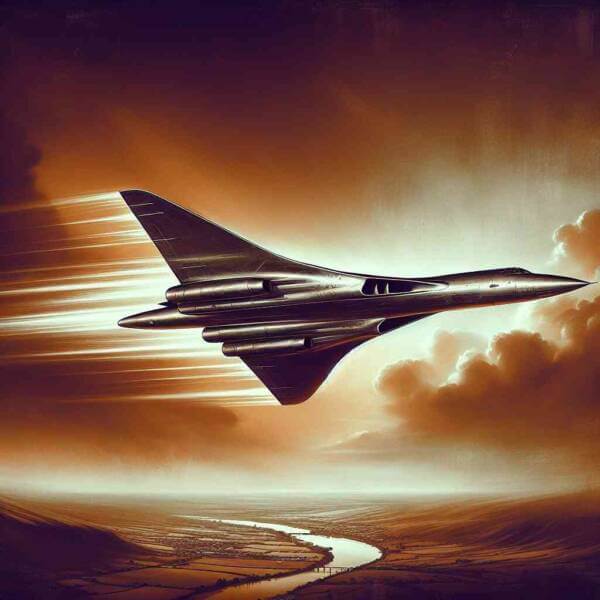Complete Guide About Military Aviation
Complete Guide About Military Aviation
Blog Article

Military aviation is an essential part of modern defense strategies around the world.
Nations invest heavily in military aviation to enhance defense capabilities.
The Evolution of Military Aviation
As technology advanced, airplanes were adapted for air-to-air battles, changing the nature of warfare forever.
Major milestones in military aviation history include:
- The introduction of fighter planes and bombers
- Creation of long-range bombers and jets
- Emergence of strategic bombers and nuclear deterrence
- Rise of unmanned aerial vehicles (UAVs)
Each era brought more powerful aircraft that redefined military capabilities.
Main Categories of Military Aviation
Military aviation includes a variety of aircraft, each designed for unique purposes.
Major aircraft classifications:
- Aircraft designed for air-to-air combat
- Aircraft for long-range attacks
- Planes used to move troops and equipment
- Reconnaissance and surveillance drones
Each type plays a vital role in military operations, from securing airspace.
The Strategic Value of Military Aviation
Controlling the skies limits enemy movements.
How controlling the air impacts battles:
- Protecting ground forces
- Cutting off enemy resources
- Early warning and real-time data
- Demonstrating power and deterrence
Nations with strong military aviation capabilities can shape outcomes.
Technological Innovations in Military Aviation
Military aviation is at the forefront of scientific progress.
Recent innovations include:
- Low-visibility planes
- Missiles and aircraft traveling at speeds greater than Mach 5
- Autonomous drones
- Laser and electromagnetic systems
These advancements increase survivability for air forces worldwide.
Risks and Limitations
Despite technological superiority, military aviation faces significant risks.
Pressing issues in military aviation:
- Rising development and maintenance costs
- Short life cycles for cutting-edge aircraft
- Cybersecurity threats
- New debates about AI in warfare
Addressing these challenges is crucial to staying ahead.
What Lies Ahead
Nations will continue investing in cutting-edge aerial technology to maintain strategic advantages.
Future trends may include:
- Smarter decision-making systems
- Defending assets beyond Earth
- Developing sustainable aviation technology
- Collaborations across allied air forces
The next era of military aviation will redefine defense.
The Enduring Power of Military Air Forces
Its history, present achievements, and future possibilities showcase technological excellence.
As technology continues to evolve, the skies will military aviation remain a frontline of innovation where military aviation protects nations.
The future of military aviation is full of potential — and it’s only just beginning. Report this page